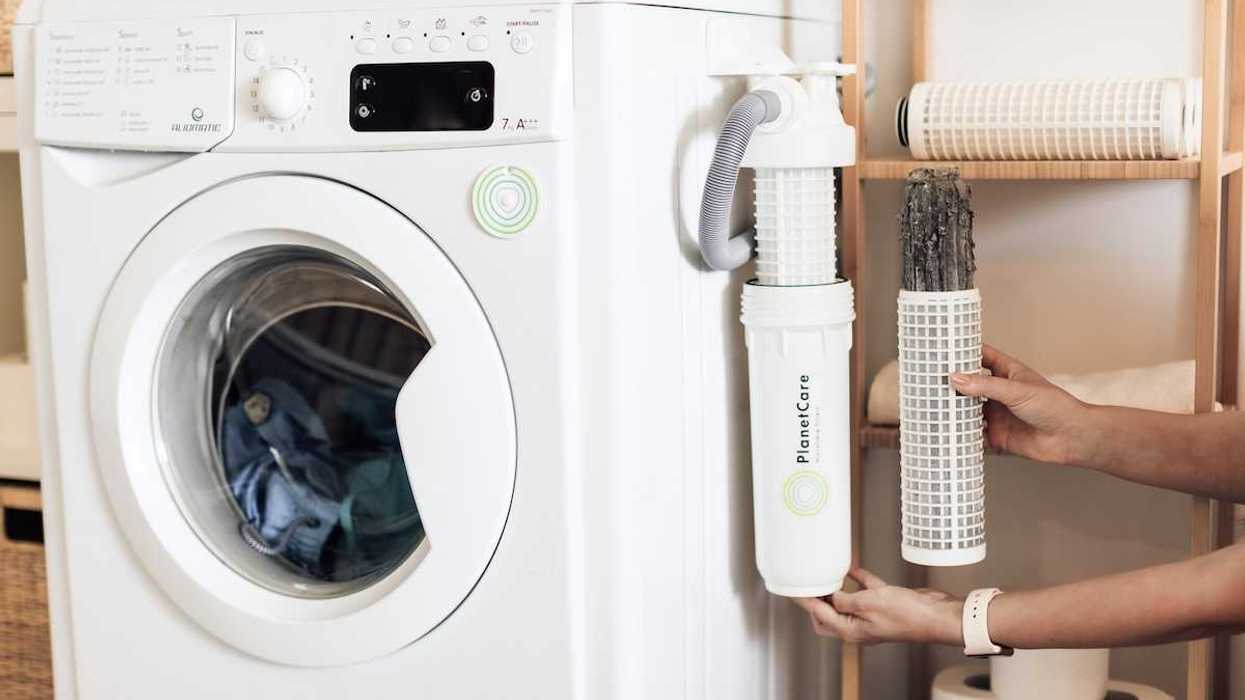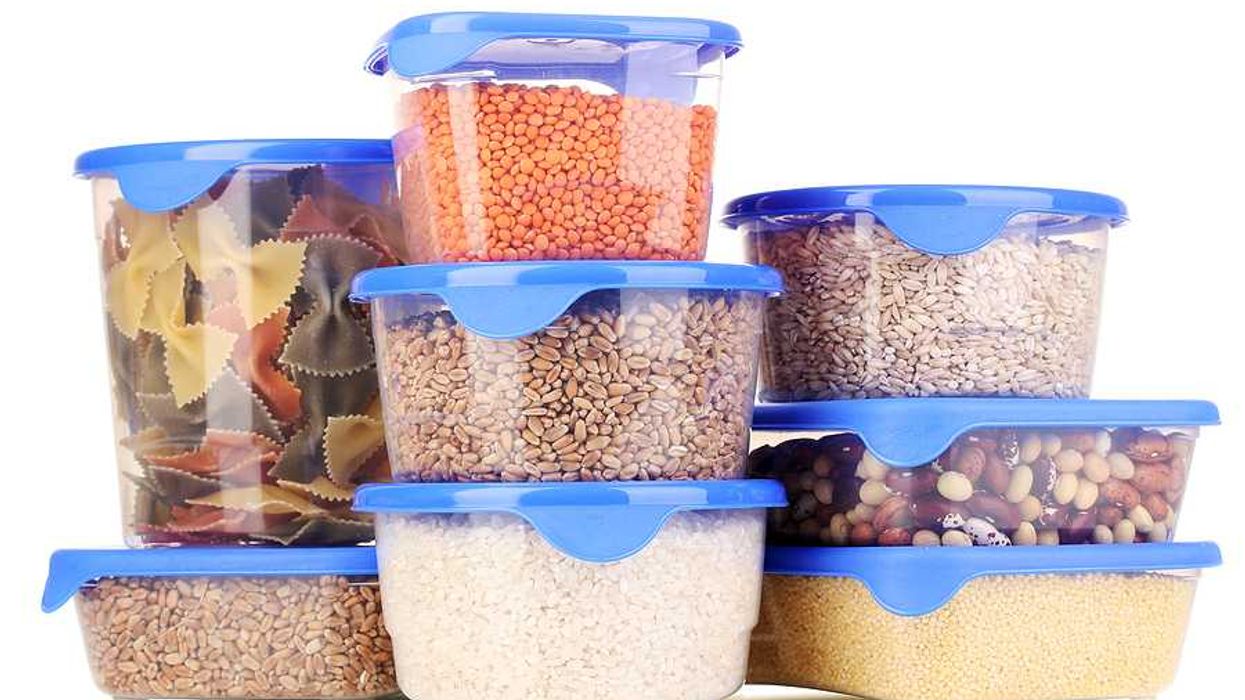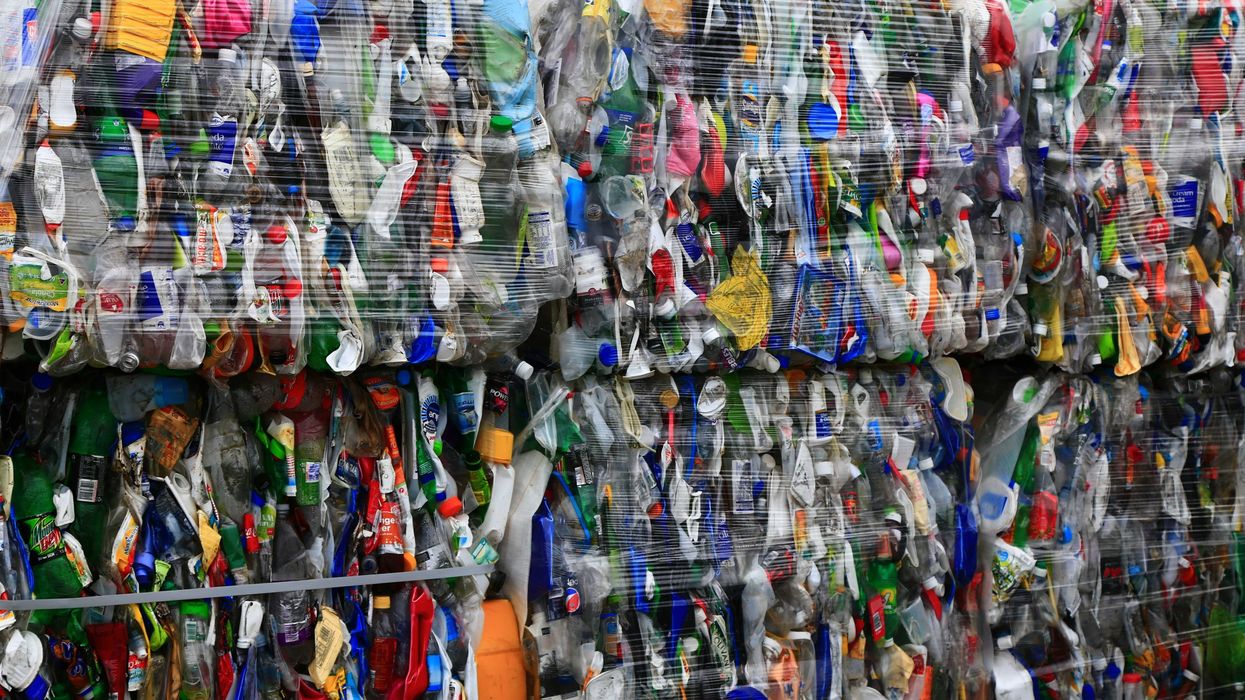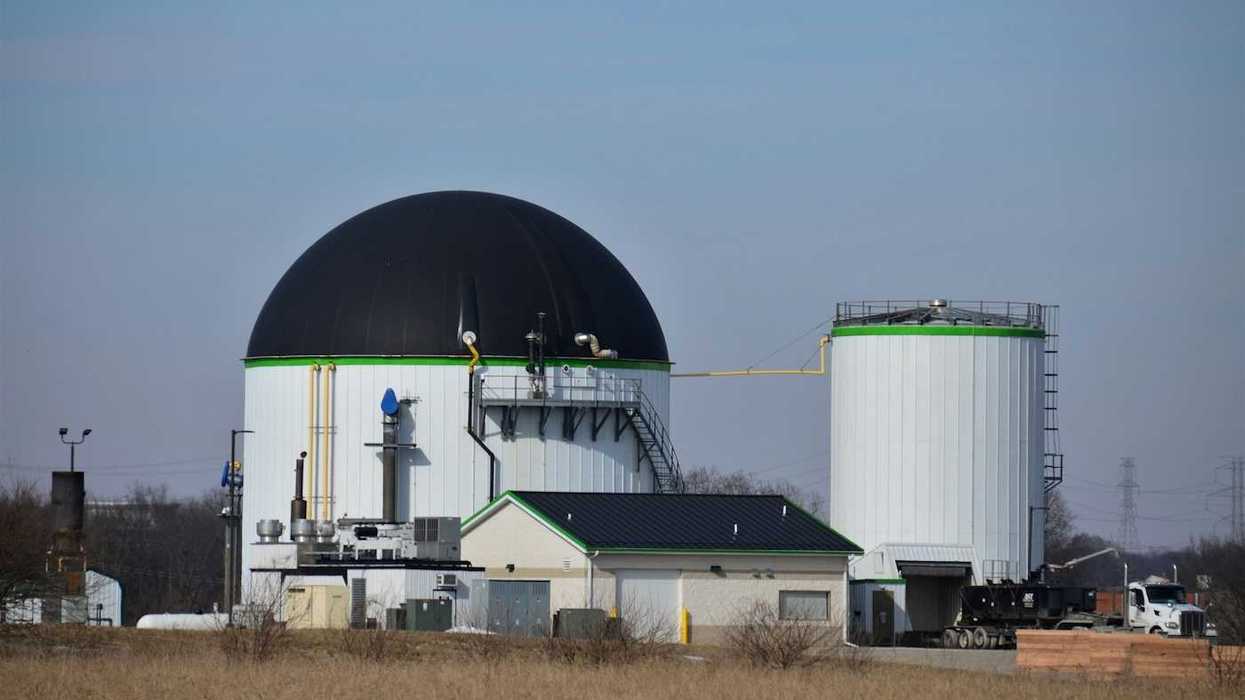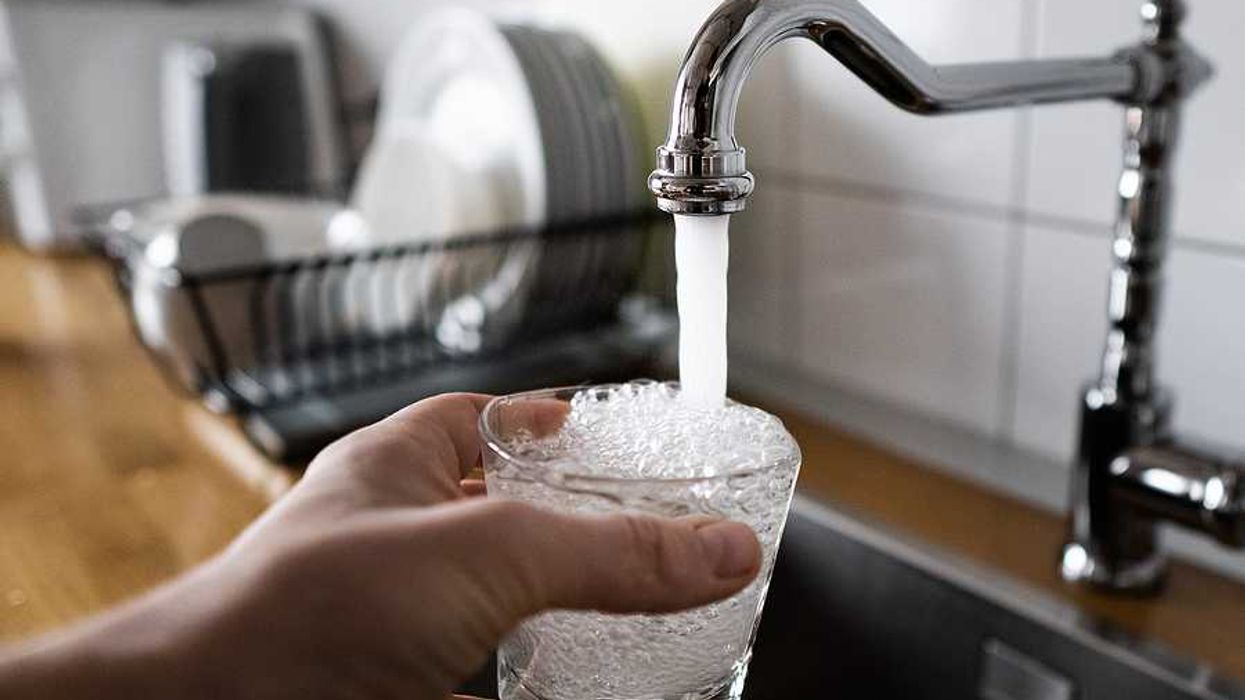A study by Dartmouth researchers reveals that New Hampshire mothers with higher levels of the "forever chemical" known as PFOA (perfluorooctanoate) are more likely to stop exclusive breastfeeding earlier than recommended.
Claire Sullivan reports for New Hampshire Bulletin.
In short:
- Mothers in New Hampshire with high PFOA exposure are 28% more likely to stop exclusive breastfeeding before six months compared to those with low exposure, a new study found.
- PFAS, a group of harmful chemicals also known as "forever chemicals", are present in consumer products and are virtually present in the body of every American, potentially impacting infant health through breast milk.
- The study emphasizes the need for more education on environmental health impacts in medical training.
Key quote:
“It often is very surprising to people to think about this idea that chemicals in our environment might influence lactation.”
— Megan E. Romano, Dartmouth researcher who led the study.
Why this matters:
PFAS contamination poses a significant health risk to nursing mothers and infants, affecting breastfeeding duration (which according to the American Academy of Pediatrics guidelines should last one year) and potentially leading to long-term health issues. Understanding environmental factors that influence lactation can help improve public health outcomes and support breastfeeding mothers.
Be sure to read: “Green” children's products not always PFAS-free, warns new study









